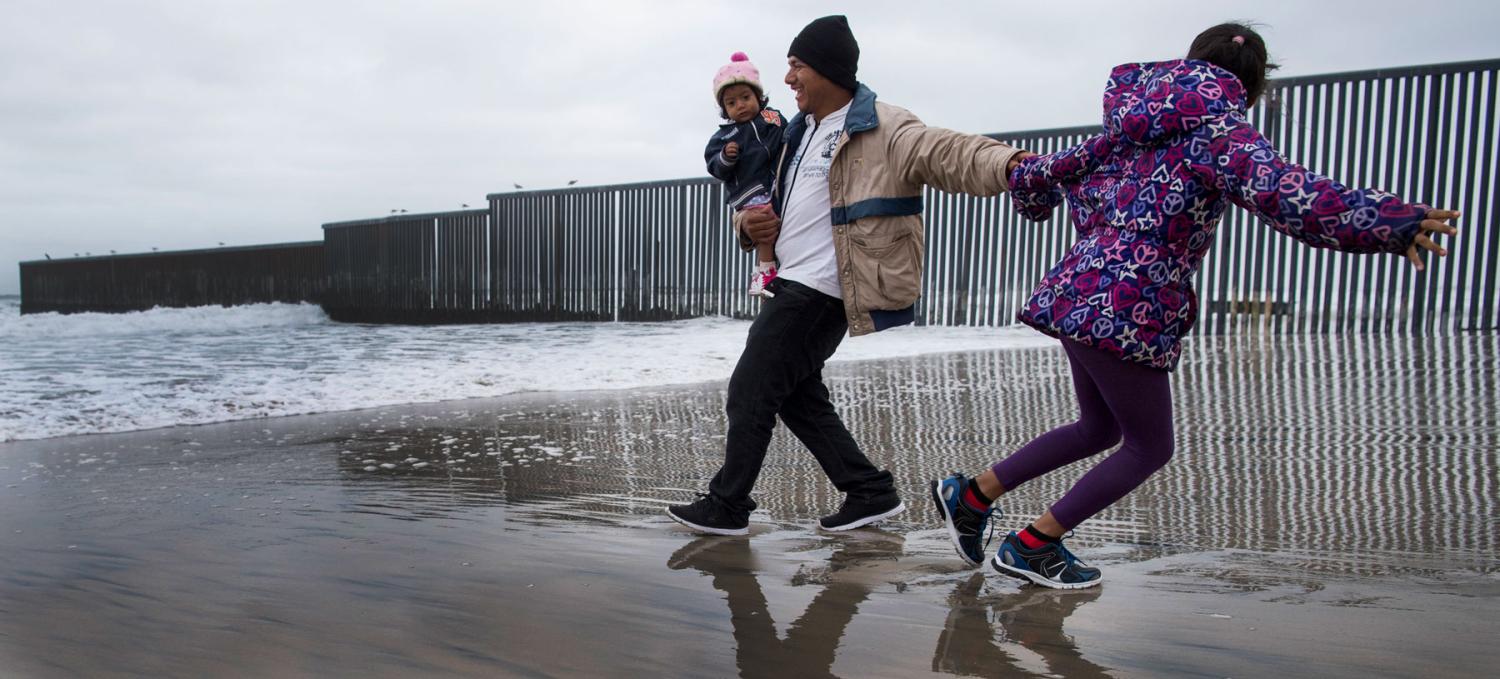- A migrant caravan travelling from Honduras and other Central American countries to the US has reached the US–Mexico border. Most of the migrants plan to apply for asylum in America. The New York Times looks at the likelihood of their applications being granted.
- The agreement between UNHCR and Israel, abandoned by Israel only hours after it was announced on 2 April, may be back on the table. Haaretz reports that Israel is now seeking to renegotiate the deal, following failed negotiations with Rwanda and Uganda to accept some of the thousands of African asylum seekers currently in the country.
- The future of healthcare for asylum seekers on Manus Island is uncertain after the International Health and Medical Services contract ended this week and the Australian Government is yet to announce a replacement. Radio New Zealand reports that refugees on Manus have said the Pacific International Hospital (based in Port Moresby) is now dispensing health services on the island.
- The second draft of the Global Compact on Refugees has been released, with the main changes summarised here.
- The Australian is reporting that the Labor party’s policy blueprint, circulated internally prior to Labor’s National Conference in July, proposes overhauling the Department of Home Affairs and capping asylum detention at 90 days.
- A scandal erupted in Britain over the Windrush generation – the name given to migrants from Carribbean countries arriving in the UK between 1948 and 1971, when Commonwealth citizens already in the UK were given indefinite leave to remain, while newcomers became subject to stricter regulations. However, the Home Office did not keep records of those legally permitted to stay, and in 2010 destroyed landing cards from this period. This week the scandal claimed British Home Secretary Amber Rudd, who resigned after trying to deny that deportation targets existed. At Overseas Development Institute, Marta Foresti argues that reaction to the scandal has been surprising, and suggests that the “hostile environment” policies pursued by the Theresa May government are unpopular.
- UN Security Council members have visited Myanmar and Bangladesh, urging Myanmar allow the “safe, voluntary, and dignified” return of refugees, and calling for accountability for human rights violations that led to the refugee crisis.
- The Council on Foreign Relations has published a neat timeline covering more than 60 years of US immigration policy (from 1952 to 2017).
Immigration links: Central American migrant caravan, Windrush, and more
Links and updates from across the migration and border policy field.

Migrant caravan arrives in Tijuana, Mexico (Photo: Carolyn Van Houten via Getty Images)
Published 4 May 2018
Follow @ErinHarrisAU
You may also be interested in
The two countries see the region from different vantage points. But the prospects for cooperation are growing.
Exchanging ideas about successes on either side of the Coral Sea can lead the way to connecting people and institutions.
